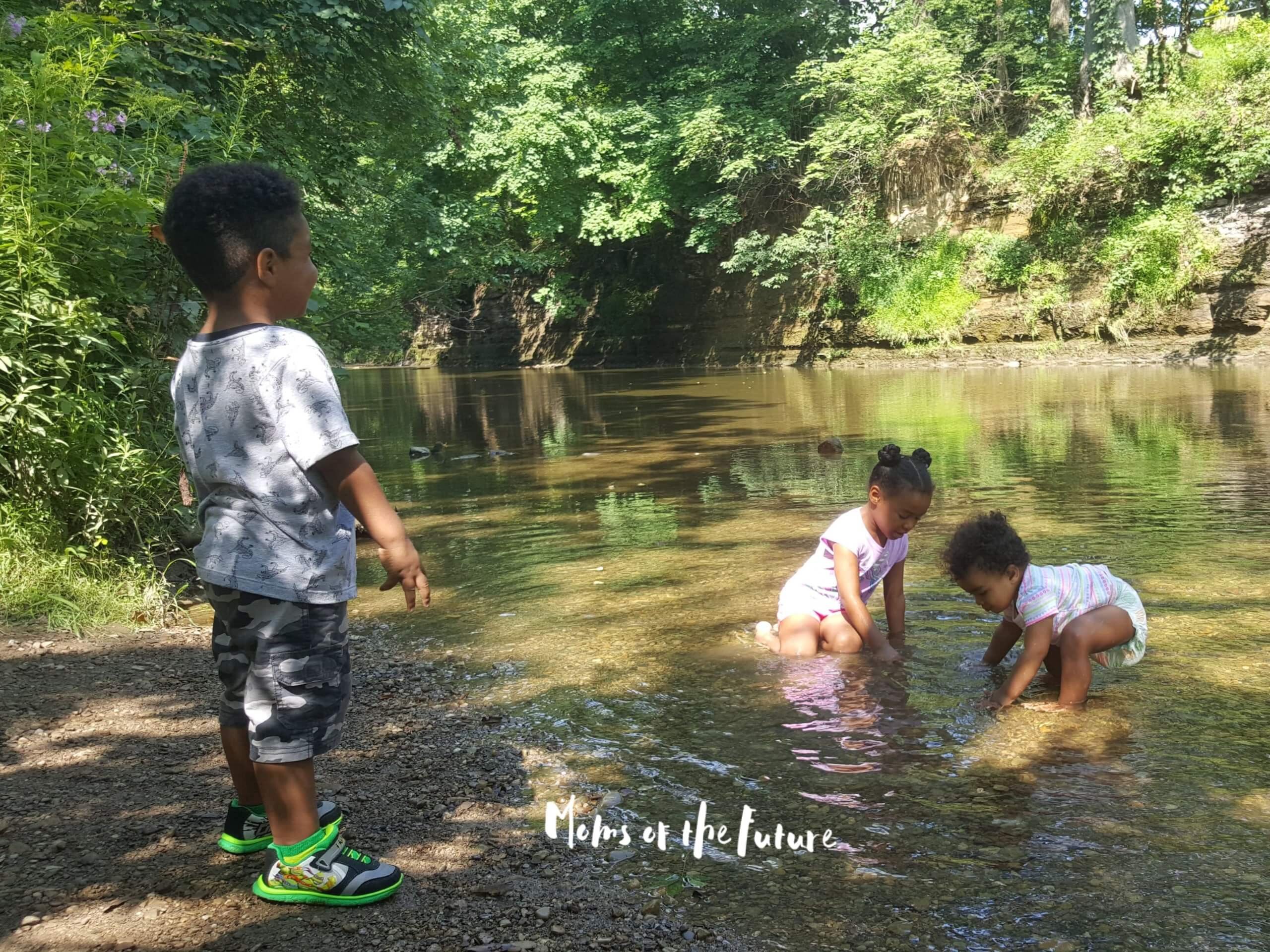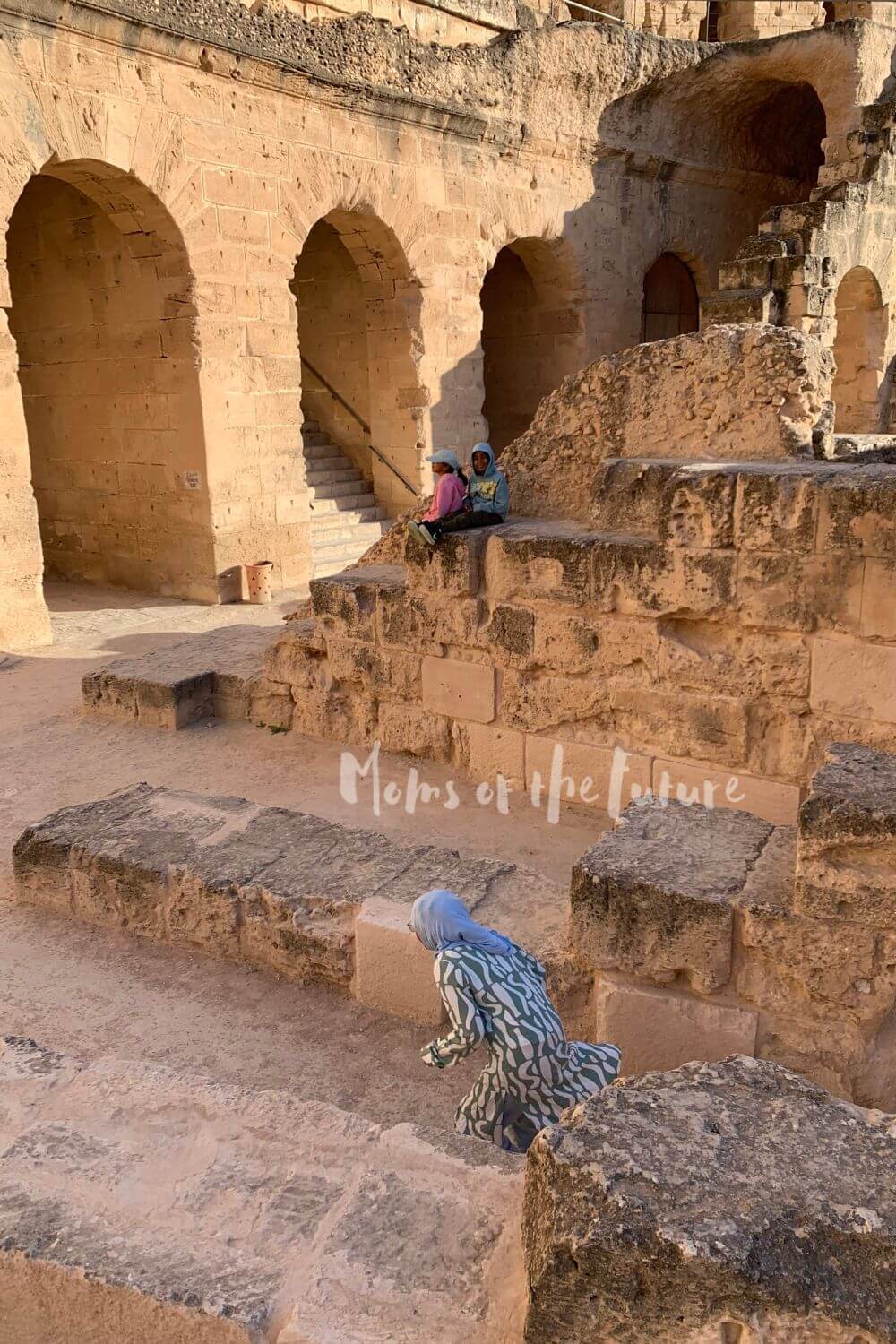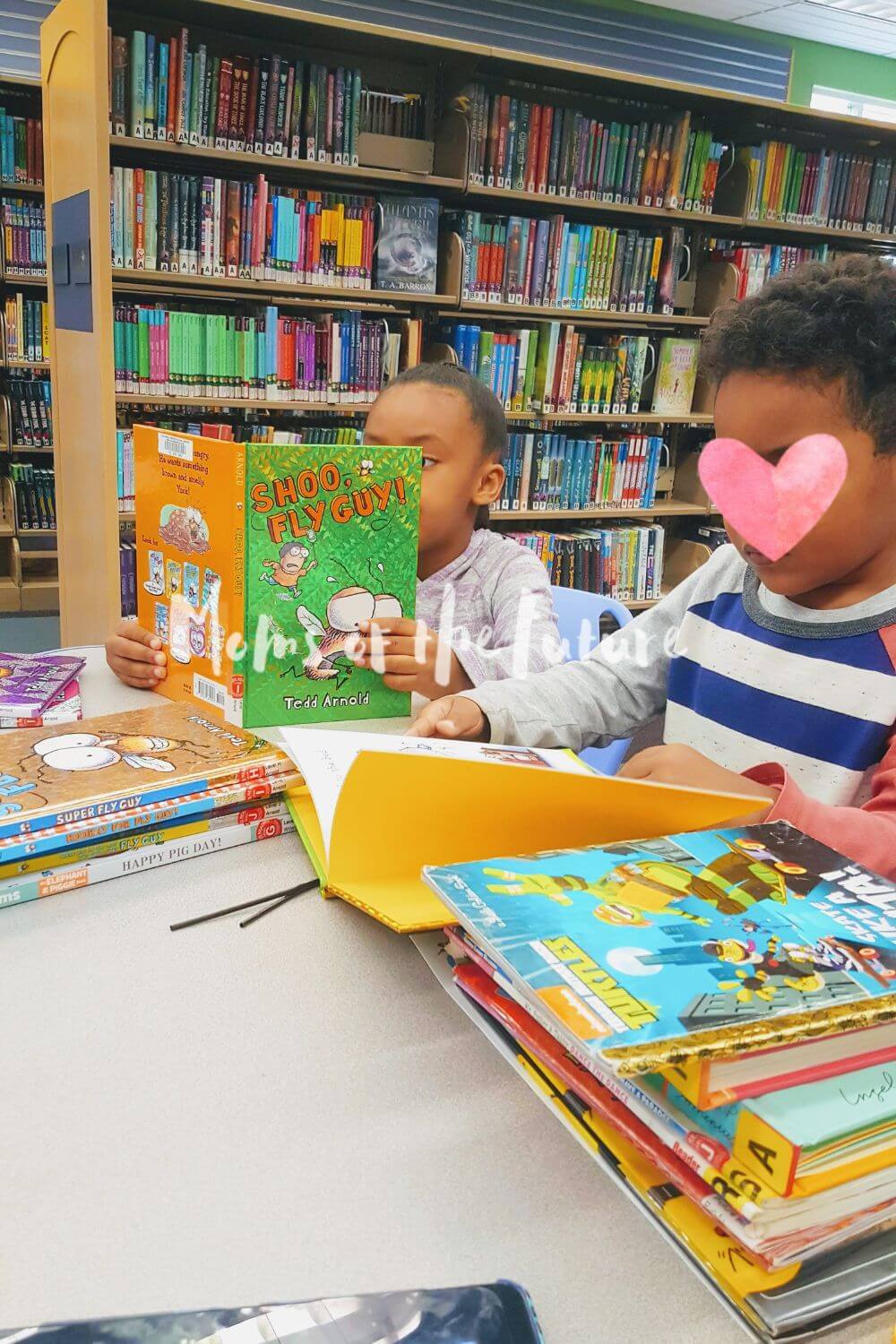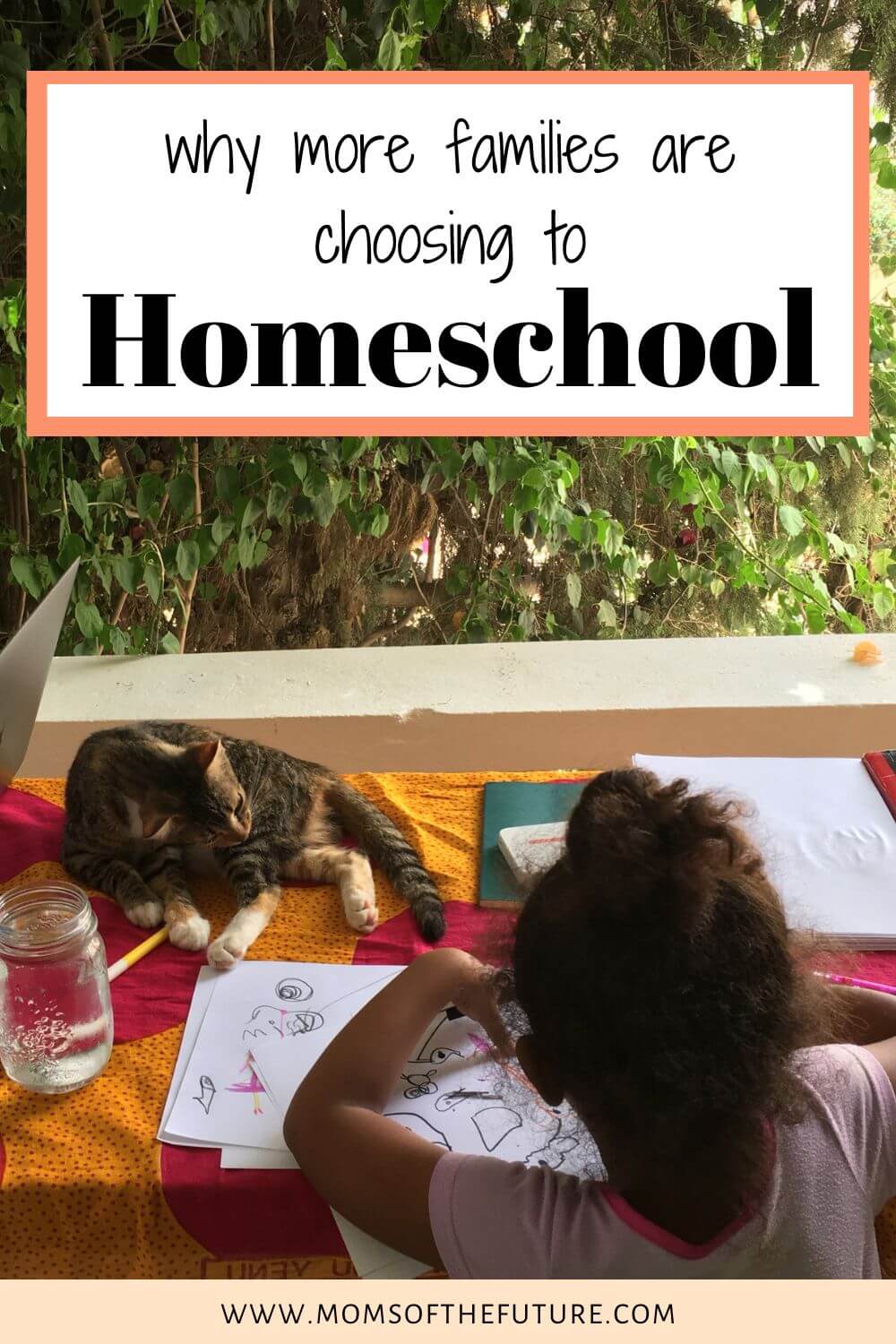When I tell people I homeschool, I often hear the same answer:
"I wish I could do that too, I just don't have the time or the means."
Doesn't matter if the child is enrolled in public or private school, many parents felt dissatisfied with their children's education. They've shared concerns such as:
- unsafe, inappropriate environment that is not aligned with their moral values
- peer pressure
- disconnected, biased teachers
- disagreement with some topics taught in schools
- bullying, cyberbullying and taunting practices that have caused children lives
- overcrowded classrooms with underpaid, under-appreciated and overworked teachers
- children falling behind
For those reasons and others, more and more families are taking the matter into their own hands and removing their children from school.
So the question is: why are more and more parents removing their children from the classic educational system and taking on the heavy task of teaching their children with little or no experience?

More parents seek a different approach with their children education wishing to create stronger bonds and more meaningful experiences.
Homeschooling Is on the Rise
The reality is the trend of homeschooling is growing year after year, in the US but also, worldwide.
More families are embracing what we would call now alternative lifestyles, such as off-grid living, van life, boat life worldschooling, farm life and others.
More and more parents are growing dissatisfied with the current educational system that seems to be made as a "one size fits all" and want to elevate and personalize their children's education, and homeschooling seems to be the way to do this.
If you wonder why so many parents are choosing the homeschooling route, and if this is the right path for you and your family, keep on reading.
Parents seek more flexibility and educational materials tailored to their children
In an ideal world, schools should adapt to children, not the other way around. Schools should be a place where learning never feels forced or like a chore, but instead, a shared experience where the child is growing his/her mind and developing his/her abilities. These schools do exist. Schools that offer this type of experience are very pricey and most of us are left with overcrowded schools with a limited budget and standardized curriculum.
Thanks to homeschooling, that ideal world where schools adapt to children can become a reality.
Homeschool transcends the walls that separate the home and the school to create an environment where learning is a lifelong journey of world discovery and self-discovery.
Thanks to homeschooling, any parent can offer a premium, individualized education their children given the right tools and dedication.

Children playing and learning in the ruins of the El Jem Colosseum in Tunisia.
Homeschooling offers the possibility for parents to tailor educational materials and learning experiences specific to their children's needs while nurturing their individuality. This is one of the biggest reasons why parents choose homeschooling.
I speak from experience when I say, not all children learn the same way, have the same rhythm, or enjoy the same subjects. Every parent knows this to be true. Of course, this is a given, we all know people are different. And we know children are different too, so why do we have the same expectations for all of them?
The way our modern society works, we believe that children should learn the same way while following directions, developing friendships, processing their emotions, wiping their noses, and using the bathroom.
Schools also demand that children sit down for hours, learn tons of information by heart, take countless standardized tests and, as if that wasn't enough, bring all of this home as homework.
This amount of work and expectation for children create stress at such an early age.

Getting my plan together for each month allows me to assess what they've learned so far and prepare the future lessons.
At an early age, we learn stress factors that we carry on in our adult life that justify us being stuck in a 9-5 instead of following passions and joy as channels of success.
I've been homeschooling for close to ten years and I must constantly improvise and improve my methods of teaching my children otherwise, they won't learn, lose interest and I burn out.
My children have different learning styles. One of my children requires more attention in math while my other child thrives in independent learning. Sometimes, my children need more hands-on learning and other times thrive on visual aids. Homeschooling is a gentle balance of learning styles that evolves as the children grow. The truth is that I'm always learning and every day is different.
When my children stumble upon a challenging subject, I or their father can step up, and with the help of the internet and the library, we can help them go through the difficulty and move on.
This scenario is quite difficult in a school setting where teachers need to move on with the curriculum and unfortunately, some children are left behind. Sure, the kids that need more attention could seek help with tutoring or homework help but not all children have that privilege.
At early ages, we learn stress factors that we carry on in our adult life that justify us being stuck in a 9-5 instead of following passions and joy as channels of success.
For that reason, Homeschooling offers the flexibility necessary to support their children passions and interest while working on areas of learning that they might struggle with.
The academic system doesn't teach real-life skills to children
Children go to school every day until they are 18 and lack essential, vital learning that the school deems unimportant.
Taxes, business, finances, growing food, body and mental health, and social relationships are all subjects that are important for the well-being of humanity as a whole yet schools consider these to be unimportant or must be learned outside of the school.

My children attended a free electric circuit workshop. One of the many workshops offered by the community and local libraries.
However, when children leave the school system at 18, they are considered adults and must take on the baggage of responsibilities such as student loans, living on their own, paying bills, and trying to figure out what they want to do with their lives.
I was one of those kids. Although my education in France was fantastic and I was well-equipped to debate anyone on impressionism and Russian Cinema, I had no idea how to handle my money and was a constantly broke and hungry student who ended up giving up on my law studies because, quite frankly, I couldn't focus.
Homeschool allows parents to extend the learning materials at home with subjects that could have otherwise been neglected by the education system. Many homeschooling kids take on sewing, farming, painting, and building businesses from scratch as they explore and learn about life and more importantly, learn about themselves.

Cooking classes offered by the local library gave the children an opportunity to learn how to use knives safely and prepare healthy meals from scratch.
With homeschooling, children can also learn important life skills, such as time management, organization, and self-discipline, that will benefit them in their adult life.
Homeschooler parents see learning everywhere and every day offers a new opportunity to grow. That's the beauty of homeschooling.
Homeschooling Parents want to align their children's learning journey with their values and belief systems.
There have been many questionable subjects that have been taught in school that a lot of parents have told me they were not too happy about.
As a Muslim homeschooler mother, I have the pleasure to connect with homeschooler families of different religious and secular backgrounds. I have noticed that religious conservative families as well as more liberal families wanted a more traditional family-oriented education.

Taking my children to the Grand Mosque of Tunis was an amazing opportunity to teach them about their history and religion.
Some homeschooling parents want a more religious approach to learning while others want a more naturalist, child-led, outdoor approach.
Some homeschooling parents want to give their children an education that aligns with their beliefs and modern schools have been, unfortunately, the playground for politics.
What's being taught in schools can sometimes be questionable, especially with the recent rise of gender studies in recent years.
I believe it is important for children to understand the diversity of the world in terms of religion, traditions and cultures so they can learn tolerance, acceptance, and empathy. However certain subjects may be too early to introduce to children (such as gender identities) as they are too young to understand.
Children may experience confusion and misinformation as they grapple with the intricacies of gender and may not possess the necessary tools to fully comprehend the broader social implications.
Therefore, as a homeschooling parent, I can decide when and how to introduce such sensitive subjects. This goes for other themes present in school such as Halloween and Valentine's Day which I'm opposed.
However, because of my family background, it is important for me to give them a more comprehensive education on African-American and North African history while passing on Islamic values and belief.

As a muslim mother, homeschooling allows me to pass on values from our beautiful religion. My daughters are free to wear their hijabs (headscarves) with no judgment.
Homeschooling parents can freely educate their children without sacrificing their beliefs.
Homeschooling Builds Stronger Family Bonds
More parents choose to homeschool their children to build stronger, grounded relationships with them. Parents and children can collaborate on projects, explore new interests, and engage in meaningful conversations.
It is also a great opportunity for siblings to develop a strong bond with one another as they learn to work together and help each other.
As parents and children spend so much time together, they learn about one another and build strong bonds.

As parents and children spend so much time together, they learn about one another and build strong bonds.

The kids and I wandering on the beach of Korbous in Tunisia during our year in Africa.
I know for me growing up, my parents didn't know much about what I liked or what I disliked. They didn't know about my day-to-day at school, they only cared about my grade. To them, everything other than studying was fluff and unimportant as I struggled with body image and bullying for many years. When puberty came along, the gap between me parents and me deepened, and that never changed.
For that reason, I make a conscious effort to sit with our children, read with them, learn with them, and just have relaxed talks where we get to understand them better. This for me the most rewarding part of my homeschooling journey.
I get to spend so much time with them, I hear them talk and laugh, I hear them bicker and cry, I hear them annoy each other. I hear my children's voices filling up the rooms of my house. That is a treasure.
Homeschooling provides a safe environment for children to thrive

No child should ever fear going to school.
Many factors threaten the safety of students on school grounds, especially in America. School shootings, bullying, cyberbullying, and altercations among students are real issues that have not been addressed.
I remember my first meeting with a homeschooling family. I was talking to the mother and she was telling me about how beneficial homeschooling has been to her children. I was already homeschooling my 3 and 1-year-old at the time, but she was way ahead of me as she had been homeschooling for over 13 years. She shared with me an anecdote where her daughter was standing outside the house, talking to a neighbor. Her daughter apparently dressed herself that day in a fun and original manner. The mom told me (and I paraphrase) "She looked so happy with her fun outfit that day but I know, had she been in school, she would have been bullied for it."
That really touched my heart, because I've experienced bullying in school, and it's not fun. It forced me to hide, change, and feel shameful of my body, identity, accent, ethnicity, pretty much, my whole persona.
This is an interesting point because friends, families and even acquaintances bring up the issue of socializing as the downfall of homeschooling.

Libraries are magical places where children can make friends, learn, research, read, and even relax. It is the best place for homeschooling.
However, socializing has never been an issue for my children or any other homeschooled families that I've met. Libraries and library programs, playgrounds, camps, and martial arts lessons have been wonderful avenues for my children to meet other children of different ages and backgrounds. Some of these children are homeschooled, others are not.

Homeschoolers can grow and thrive in an environment where they are safely guarded and protected by their parents.
I don't believe schools are the epitome of healthy social relationships for children. If it was the case, all of us schooled children would be socially, mentally and emotionally healthy human beings, which we all know isn't the case.
Bullying, competition, and social media are affecting children mental health in ways that we don't really know how to handle or even talk about.
The impact of social media on mental health has been proved and studied over and over again causing anxiety and depression in younger children (and adults). This toxic environment put children in some type of survival mode where they are constantly judged, compared and bullied for who they are or wish to be.
Children are also highly influenced and targeted by social media accounts and personalities that share content that is not appropriate and could be detrimental to children well-being.
What if we removed them from that pressure and give them the opportunity to be who they are with no judgment or limitation?
Homeschooling allow children to grow and develop themselves into who they truly are.

Homeschool is the most child-centered approach to education. It is the safe space they need to thrive.
I hope you enjoyed reading about the benefits of homeschooling and if you have been hesitating or feeling scared, I'm here to tell you that you can do it. As a parent, you are in the best position to provide and nurture for your children more than anyone else.
If you need guidance or help making a decision on your homeschool, I want you to know that my virtual door is open. I offer low-cost consultation to mothers and families who wish to learn more about homeschooling and if it's the right fit.

